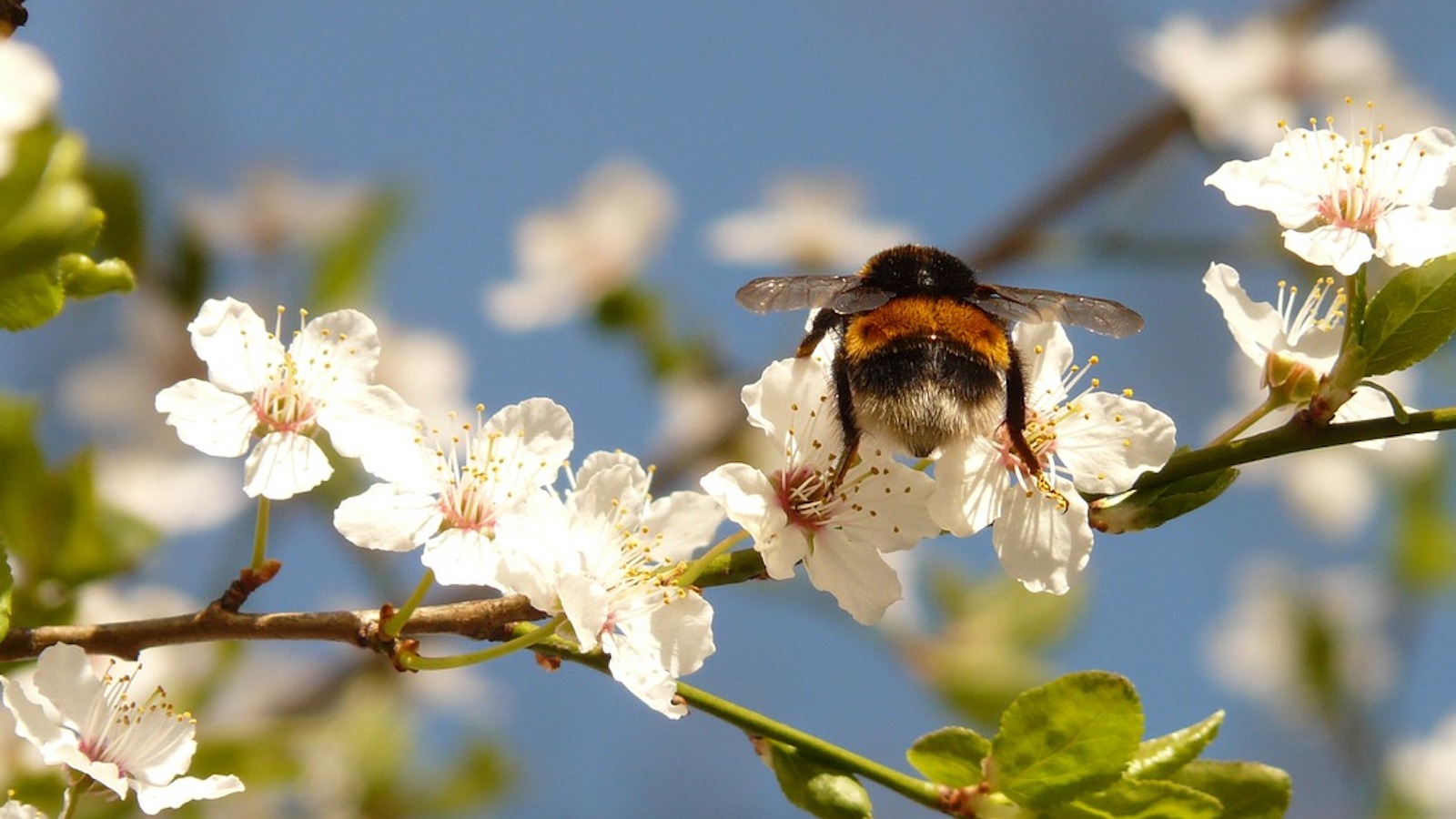
Tell the Fish and Wildlife Service: List the American bumblebee as endangered
It's not too late to save the American bumblebee, but we need to act fast.
President Biden vetoed anti-conservation measures that attempted to strip protections for the lesser prairie-chicken and the northern long-eared bat
Pablo Neruda wrote that he’s “tired of the chickens.” He wasn’t talking about lesser prairie-chickens, a strangely handsome little bird that has seen its habitat diminished across the Great Plains by about 90 percent.
What is lesser about this chicken? On one hand, nothing. But then why the name? The greater prairie-chicken is larger and has a more booming call — thus greater.
In 2022, two distinct populations of the lesser prairie-chicken were put on the endangered species list by the U.S. Fish and Wildlife Service. But letting no good deed go unpunished, Congress passed a measure to nullify the agency’s action.
Similarly, the Fish and Wildlife Service reclassified the northern long-eared bat from threatened, i.e. things are looking bad for the species, to endangered (it’s getting far too close to disappearing forever). As with the prairie-chicken, Congress passed a measure to nix the agency’s decision on the bat.
Thankfully, President Biden vetoed both measures yesterday.
On the lesser prairie-chicken, the President’s veto message included this:
“The lesser prairie-chicken serves as an indicator for healthy grasslands and prairies, making the species an important measure of the overall health of America’s grasslands. If enacted, S.J. Res. 9 would undermine America’s proud wildlife conservation traditions [and] risk the extinction of a once-abundant American bird.”
His veto message on the problematic bat measure included this:
“The northern long-eared bat now faces extinction due to white-nose syndrome, a deadly disease that has spread across approximately 79 percent of the northern long-eared bat’s entire range and is expected to affect 100 percent of the species’ range by the end of the decade. Data indicate white-nose syndrome has caused estimated declines of 97 to 100 percent in affected northern long-eared bat populations.”
President Biden did the right thing by vetoing these measures, which would have harmed the recovery of these species and would have undercut the Endangered Species Act by ignoring the science that led to the protections.
Extinction can’t be fixed somewhere down the road, but we can act now to save America’s wildlife. In doing so, we can make our lives a little richer.
It's not too late to save the American bumblebee, but we need to act fast.
ADD YOUR NAME
